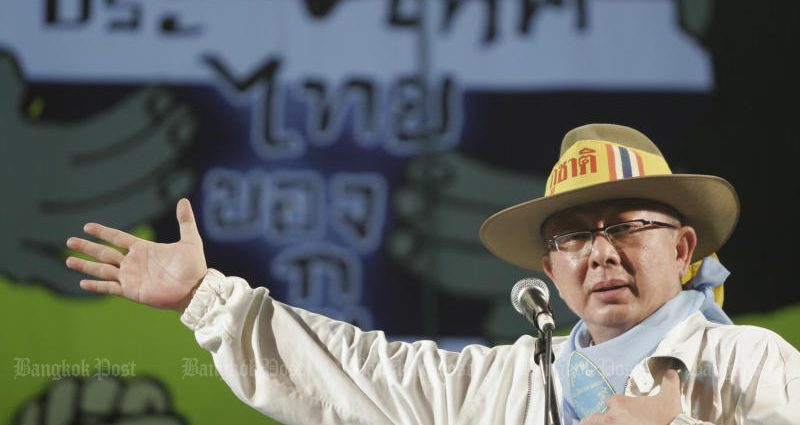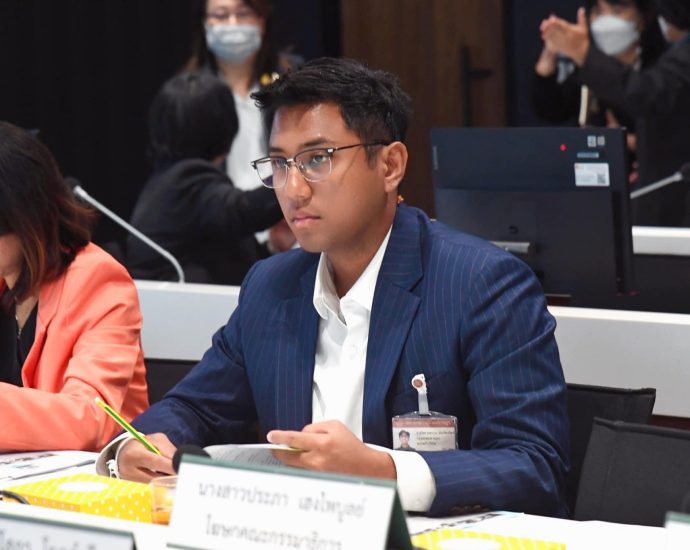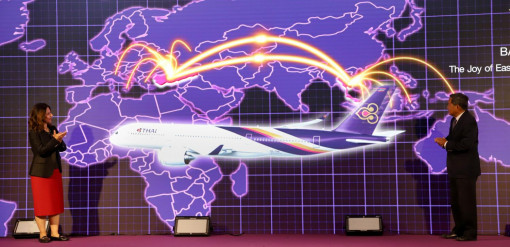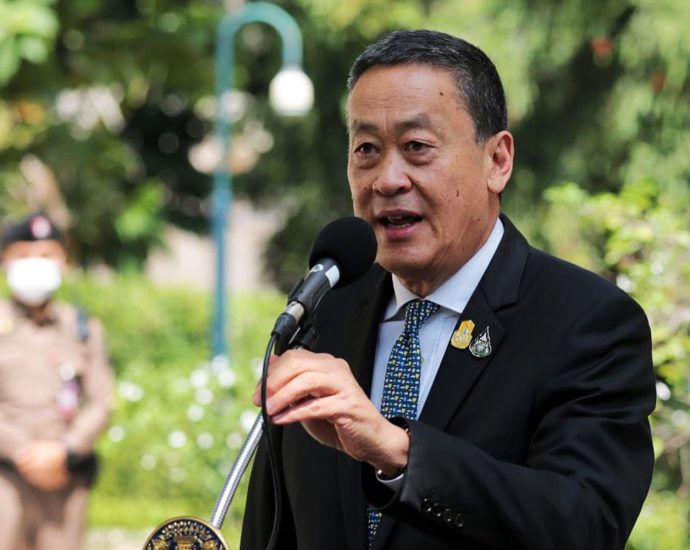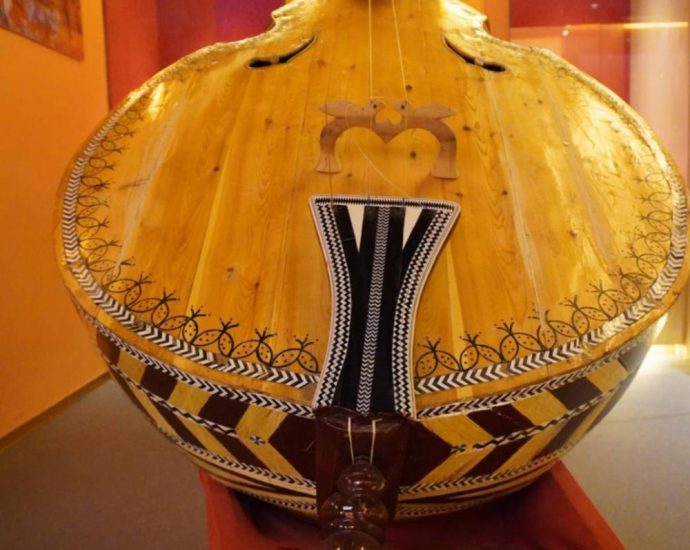PAD’s acquittal in parliament blockade case upheld

The Appeals Court on Thursday upheld the Criminal Court’s decision to acquit 21 former members of the now-defunct People’s Alliance for Democracy (PAD) led by former media mogul Sondhi Limthongkul of criminal charges for laying siege to the parliament building in 2008.
The charges, filed in 2012, accused the defendants, including Mr Sondhi and 20 others, of causing unrest by leading a large number of demonstrators to lay siege to the parliament from Oct 5 to Oct 7, 2008, to obstruct then prime minister Somchai Wongsawat and his cabinet from delivering a policy statement.
The charges included causing unrest in violation of Sections 116, 215, 216, 309, and 310 of the 2007 constitution, which the defendants denied.
After examining both the prosecution and defence witnesses, the Criminal Court on March 4, 2019, delivered a decision to acquit the defendants citing that the demonstrations had been peaceful and non-violent in compliance with Section 63 of the 2007 charter.

The court also ruled that use of tear gas by police to disperse the protesters on the morning of Oct 7 was unjustified.
The prosecution then forwarded the case to the Appeals Court, which on Thursday upheld the lower court’s ruling.
Other defendants in the lawsuit are Pibhop Dhongchai, Somkiat Pongpaiboon (died), Maleerat Kaewka, Prapan Khoonmee, Somsak Kosaisuk, Suriyasai Katasila, Amorn Amornrattananon, Samran Rodphet, Sirichai Mai-ngam, Sawit Kaewwan, Pichit Chaimongkol, Amnat Palamee, Kittichai Saisa-ard, Prayuth Veerakitti, Suchart Srisang, Somboon Thongburan, Supapol Iammethawee, Anchalee Paireerak, Pichet Pattanachote and Veera Somkwamkid.

The violence on the morning of Oct 7 occurred when police fired tear gas at demonstrators to clear the way for Mr Somchai, who is the brother-in-law of deposed prime ministers Thaksin and Yingluck Shinawatra, to enter the parliament. The demonstrators responded with force, but they were not acting at the behest of the PAD leaders, who were not at the scene.
Two people were killed and 381 others injured in the clash, which took place after the People Power Party, a reincarnation of Thaksin Shinawatra’s Thai Rak Thai Party, won the general election.
In 2017, the Supreme Court acquitted Mr Somchai and other executives of any wrongdoing in the clash with demonstrators of the PAD, also known as the Yellow Shirt movement.

People’s Alliance for Democracy co-leader Sondhi Limthongkul delivers a speech during an anti-government demonstration near Makkhawan Rangsan Bridge, Bangkok, in June 2008. (Photo: Sarot Meksophawannakul)

